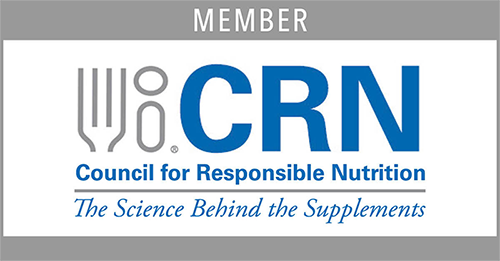What is It?*
Source Type: Carotenoid
Source(s):
- Naturally found in plant foods (tomatoes, watermelon, grapefruit, apricot, cranberries)
- Chemically synthesized in labs
Lycopene is a naturally occurring red pigment and carotenoid antioxidant found in certain fruits and vegetables. It is responsible for giving tomatoes, watermelons, pink grapefruits, and other foods their red or pink color. Lycopene is known for its antioxidant benefits, helping to protect cells from damage caused by free radicals. Free radical damage is associated with many health conditions, such as cancer, heart disease, and diabetes.
Benefits*
Benefits of lycopene include reducing your risk of heart disease, promoting prostate health, protecting the skin from UV damage, and maintaining eye health.
Effectiveness*
Lycopene is effective in its role as an antioxidant. Many of its health benefits are attributed to its ability to neutralize free radicals and reduce oxidative stress.
Researchers have found that lycopene may be able to help lower cholesterol levels and reduce the risk of heart disease. But, more studies are still needed to be able to show a direct connection.
Lycopene has been studied for its potential role in promoting prostate health. Studies have found that lycopene supplements may be possibly effective in reducing the risk of prostate cancer. It may also be effective for slightly reducing the risk of prostate cancer returning.
Many studies have found that lycopene may help protect the skin from photodamage caused by UV radiation from the sun.
Lycopene is being investigated for its potential role in reducing the risk of age-related macular degeneration (AMD) and cataracts, but there is not enough evidence available to draw conclusions at this time.
Risks*
Lycopene is generally considered safe when taken at recommended doses. However, pregnant and breastfeeding women should not take lycopene supplements, as there is not enough information to know if they are safe for this population. Additionally, lycopene can slow blood clotting, so anyone who is taking blood thinners or scheduled to have surgery should not take lycopene supplements.



